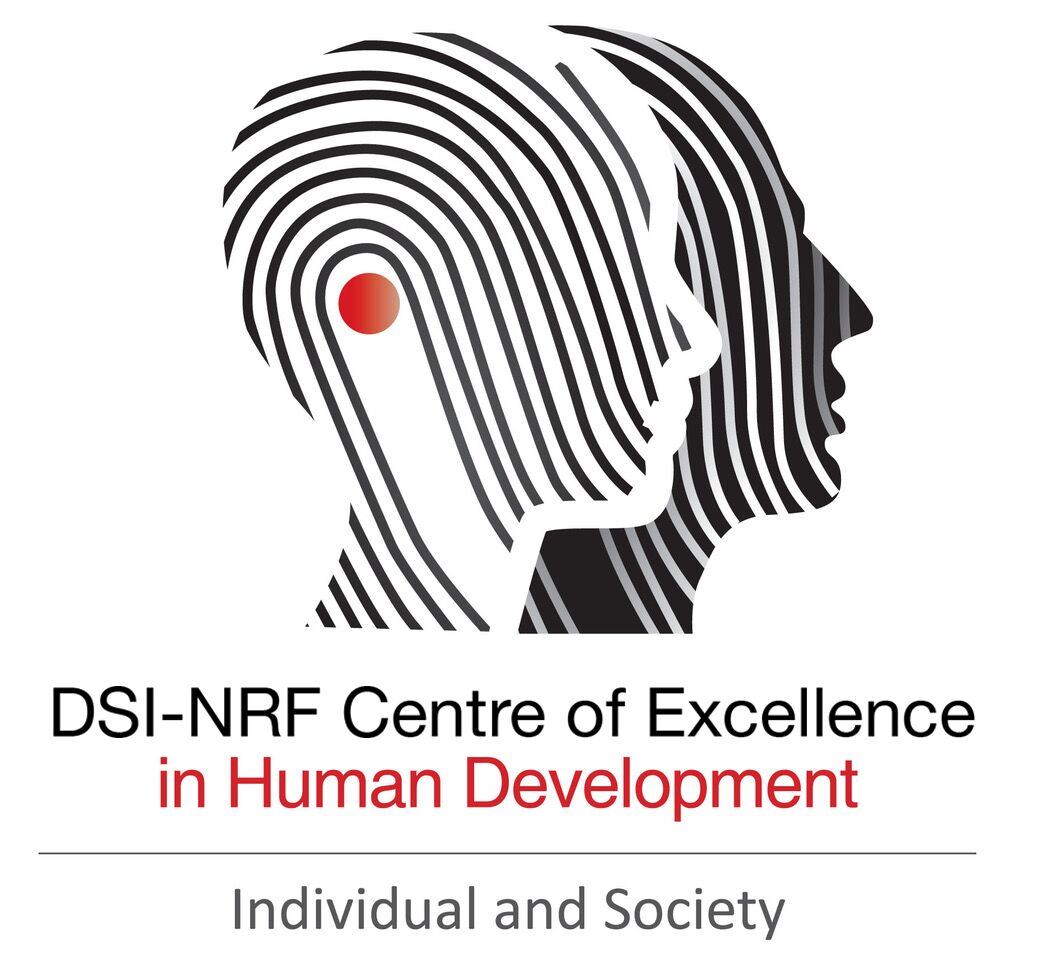The Case for Robust Human Development Science
Human development as a concept and research framework is nebulous.

While development is dynamic, the CoE-Human has adopted a stance to inform and promote research excellence – that of framing human development as shaped by the social, biological, environmental, psychological and cultural forces and their intersection over the life course.
The CoE-HUMAN is the only DSI-NRF Centre of Excellence established in the human and social studies. We see the study of human development at the centre stage of national and global priorities. We emphasise the importance of opportunities to lead full lives of one’s own choosing.
We see how bio-psychosocial processes, on an individual and social level, allow for fulfilment, not only of basic needs, but of values including freedom, security, achievement and belonging (Alkire, 2002). From this point of view, human development refers simultaneously to the development of individuals across their lifespan from conception to death, inter-generational development through families, and socioeconomic development of individuals and groups through interactions with, among others, state provisions and supports.
The CoE-HUMAN supports research that studies the past, present and future. This requires a multi- and inter-disciplinary approach, across social, psychological, biological and public health disciplines. The CoE-Human sees value in being a supporter to research excellence, and a leader and connector in the field of human development in South Africa.
Our four research themes are:
- Life-course development, which covers the development of individuals from conception to death. Under this category are included multi-disciplinary studies of child, adolescent and adult development.
- Inter-generational development, which covers the life cycle from one generation to another. Studies of families and inter-generational influences are included in this category.
- Socioeconomic development, which covers the attainment of improved living conditions, both material and non-material through, amongst others, health, education, social security, food security and decent employment.
- Transformational development, which covers aspirations and values that influence and are influenced by, amongst others, individual and group identity.
Our research themes can be visualised within a three-dimensional matrix: the first dimension being the life-course stages from infancy to late adulthood, the second dimension being the influence of the social context on the life pathway, and the third dimension being the critical themes/challenges for human development in South Africa and beyond.
Some examples of our aligned research studies and projects:
- Intergenerational epidemiology: Understanding the links between growth, development and health across three generations in the Birth to Twenty Plus Cohort.
- The Siyakhula Cohort: Linking longitudinal demographic, health and environmental data to a rural South African child development dataset
- Interaction between nutrition, infection, the home environment and care practices and their impact on growth and development in infants
- Children in South African Families
- Migration, gendered familial bonds, economic and social development

